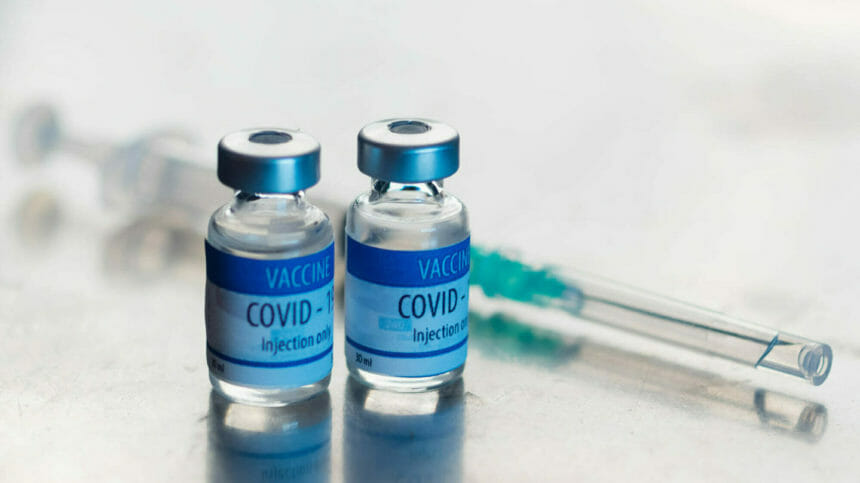
COVID-19 vaccines will continue to protect the public against a spinoff omicron gene variant that’s making inroads across the United States, new data suggest.
Scientists are keeping close watch over the BA.2 omicron sub-variant, which is now confirmed to be circulating in half of U.S. states. Although the original version, known as BA.1, remains dominant, this newer omicron mutation has gathered momentum in other countries and may have transmission advantages, according to a report by Stat.
But an early analysis of new data by the United Kingdom’s Health Security Agency has found that vaccination with the Pfizer-BioNTech and Moderna vaccines provide a similar level of protection against symptomatic infection when compared to BA.1.
A study of long-term booster efficacy revealed that at 25 weeks or more after receipt of a second dose, overall vaccine effectiveness against infection was 9% for BA.1 and 13% for BA.2. But a third dose provided a significant improvement. Two weeks after receipt of a booster vaccine, efficacy increased to 63% for BA.1 and 70% for BA.2, UK officials reported.
It is not yet known how BA.2 will affect case rates and hospitalizations, if at all. Existing immunity among people who have already contracted BA.1 may help keep these numbers down, according to Stat. Cross-protection may help as well. For example, people who have been vaccinated and infected with the omicron variant appear to be protected against Delta, the news outlet reported.
BA.2 has become more prominent in countries including India, South Africa, the Philippines, Denmark and Sweden, according to various reports.



